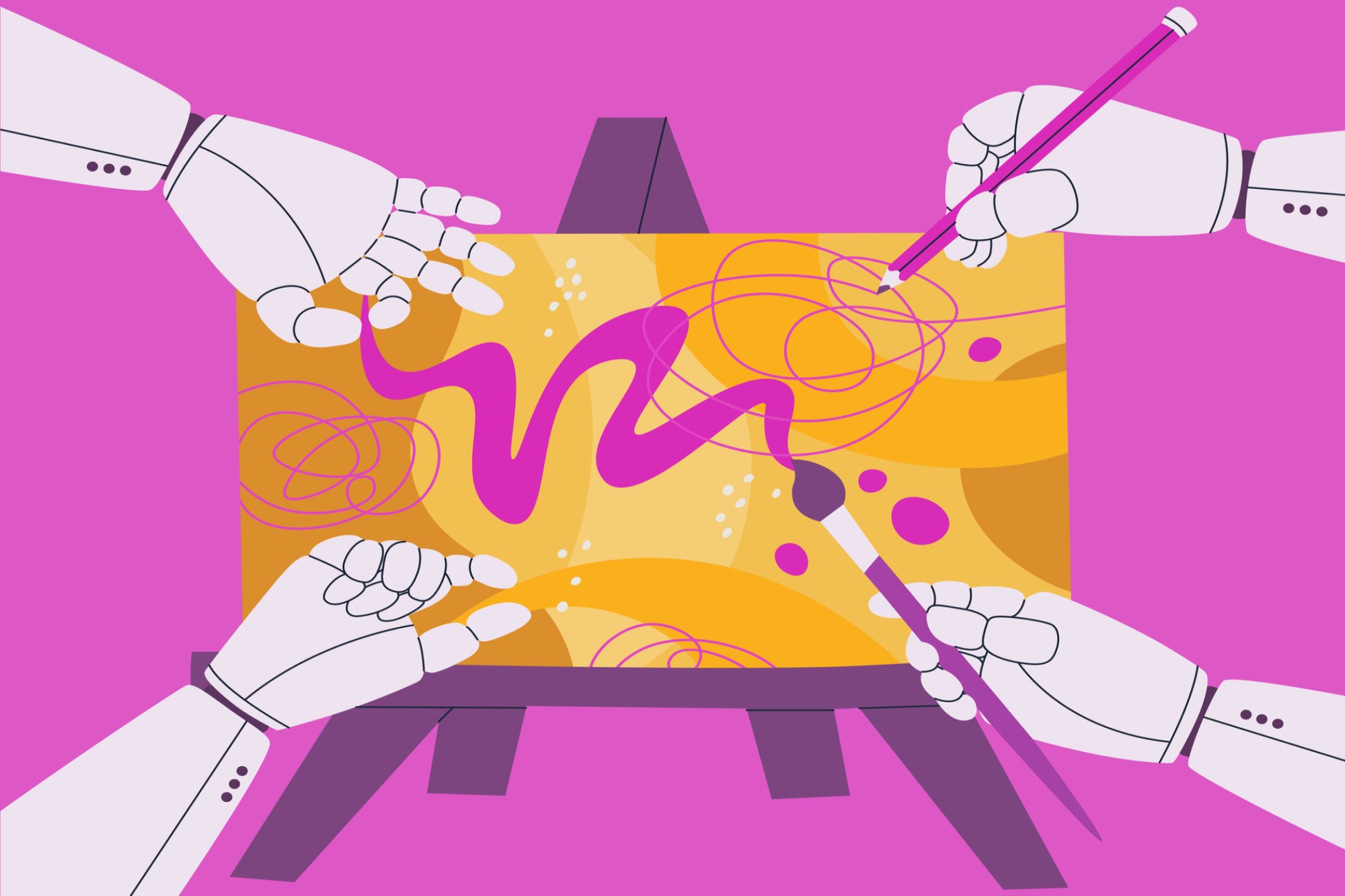The Present Status of Genetic Engineering
The term “designer babies” is becoming more and more common around the world today as genetic engineering continues to revolutionize how we think about human development. China has some of the most in depth research on genetic engineering, which is putting its researchers under scrutiny from those who question the ethical implications of this field of study. As genetic engineering becomes increasingly realistic and practical for the population at large, important concerns must be addressed about the ethical soundness of these practices.
Even as genetic engineering continues to develop, the costs associated with these types of procedures are very high and daunting for many people. One of the main arguments against this research is that only the wealthiest individuals will be able to afford to have their potential children genetically modified in whichever way they choose. These modifications vary widely and at this point are unclear in the particular effects they would have on children. Sarah Knapton discusses China’s developing research on genetically engineered embryos and what implications would come along with the practicality of these procedures in her recent article for The Telegraph. The research presented in this article was on the genetic modifications made in order to combat the fatal blood disorder thalassaemia. As research continues to create more advanced and effective modes of genetic alteration, these modifications could help fight many types of diseases and disorders. It could also make “designer babies” more realistic and confirm critics’ concerns about the ethical soundness of this issue.
With the correct genetic modifications, parents could potentially create their own unique and specialized children based on their own preferences. Because these changes are happening at the embryonic level, the changes made would be passed down through family lines, creating potential complications and concerns for future generations. The genetic modification technique used in the study discussed by Knapton created many unintentional mutations that could be potentially harmful to the individual’s development. Because of these complications, many argue that this research should be stopped until a general consensus is reached about the safety and ethical implications that would come with the use of this technique.
Is genetic engineering an ethically sound field of study in which research should continue to be done? How might researchers go about finding ways to make genetic modifications more ethical and safe?





